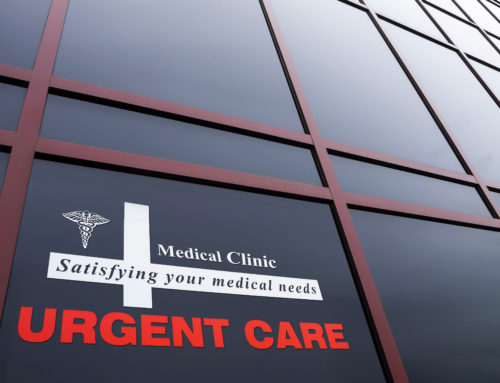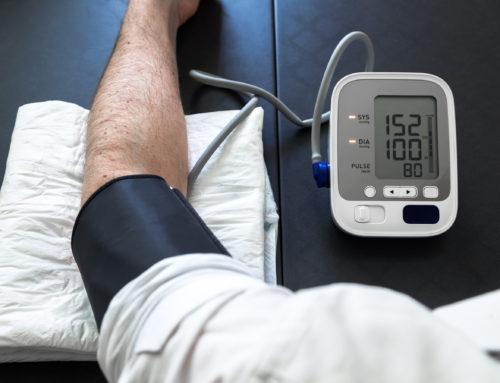Whether you’re an attorney, potential plaintiff in a medical malpractice case, or a doctor who finds yourself a defendant, you are likely to need the services of an expert witness.
An expert witness can help interpret the medical records and the evidence for a potential case before the case ever becomes a reality. Before you call the expert, be ready to talk about the details of your case.
Most important, have a copy of the relevant medical records. The chart in your possession should encompass the treatment where the alleged malpractice occurred.
Digital files are especially helpful, as they are easy to e-mail or otherwise send to the expert witness. If the files are too big for e-mail, consider using a file transfer service such as Dropbox or WeTransfer, whose basic level of service is free.
You may also have paper records to provide to the expert. Make sure you retain a copy of those files for yourself, just in case they get lost in the mail.
When you call the expert witness, have a list of questions ready so you know what to ask. Ask what a person with no medical background might need to know about the issues involved in the case. Don’t be afraid to query the witness about his or her credentials, including degrees, certificates and licenses.
The process of speaking with an expert witness will give you insight into whether you can win a case or whether there’s any merit for a malpractice lawsuit.
You don’t need to have medical expertise to speak to an expert witness, says Dr. G. Edward Mallory, a board-certified physician who has been practicing emergency medicine for more than 20 years and serves as an expert witness in medical malpractice cases.
“I will explain it to them in simple terms,” he says of clients and attorneys. “They don’t need to have any medical knowledge.”




























